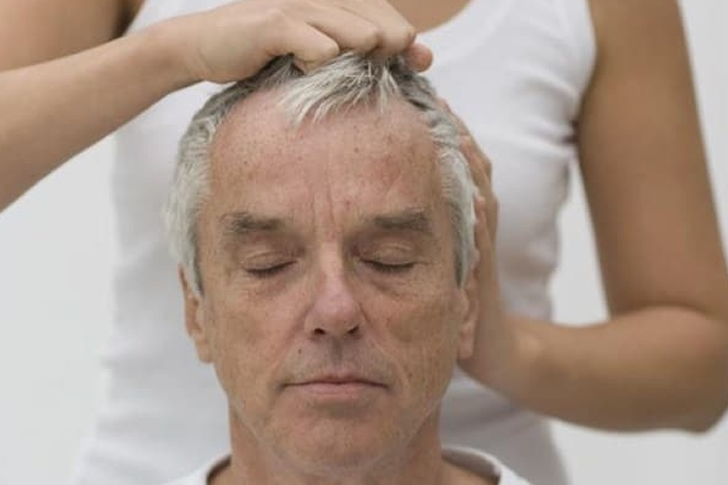Seniors and Psoriasis: A Guide to Skincare and Health
Psoriasis, a chronic skin condition characterized by red, itchy, and scaly patches, can be particularly challenging for seniors. According to the National Psoriasis Foundation, its prevalence and severity can increase with age due to changes in the immune system and skin physiology. This article outlines effective strategies to help seniors manage psoriasis, enhancing their quality of life and minimizing discomfort.

Understanding Psoriasis in Seniors
As individuals age, the skin becomes thinner and less able to retain moisture, which can exacerbate psoriasis symptoms. Furthermore, seniors often have multiple health conditions and may take various medications that can interact with psoriasis treatments, making management more complex.
Key Strategies for Managing Psoriasis in Seniors
1. Moisturizing Regularly:
- Choose the Right Products: Opt for thick, fragrance-free moisturizers or ointments that lock in moisture. Applying these right after a bath or shower can help reduce dryness and flaking.
- Stay Hydrated: Drinking plenty of water helps maintain skin hydration from the inside.
2. Tailored Skincare Routine:
- Gentle Cleansing: Use mild, non-soap cleansers that don’t strip the skin of its natural oils.
- Avoid Hot Water: Hot water can increase skin dryness and irritation. Bathing in warm water is more suitable for sensitive skin.
3. Monitoring and Managing Medications:
- Regular Reviews: Seniors should regularly review their medications with healthcare providers to avoid potential interactions that might worsen psoriasis or cause other health issues.
- Consider Side Effects: Be aware of the side effects of systemic medications often used in psoriasis treatment, such as methotrexate or biologics, which can be more pronounced in older adults.
4. Phototherapy:
- Supervised Treatment: Under medical supervision, UVB phototherapy can be an effective treatment for controlling psoriasis by slowing the growth of skin cells.
- Safety First: It’s crucial to balance the benefits of phototherapy with its risks, such as increased skin aging or risk of skin cancer, especially in the elderly.
5. Diet and Nutrition:
- Anti-inflammatory Diet: Incorporating foods that are known to reduce inflammation, such as fatty fish rich in omega-3 fatty acids, nuts, seeds, and leafy greens, can help manage psoriasis symptoms.
- Limit Alcohol and Smoking: Alcohol and tobacco can exacerbate psoriasis; reducing or avoiding these can improve the effectiveness of treatment strategies.
6. Regular Exercise:
- Stay Active: Physical activity can help reduce stress, one of the common triggers for psoriasis flare-ups. Activities like walking, swimming, or yoga are beneficial and less strenuous on joints.
- Weight Management: Maintaining a healthy weight can reduce the severity of psoriasis and improve the effectiveness of various treatments.
7. Stress Management:
- Mindfulness and Relaxation Techniques: Practices such as meditation, deep breathing exercises, and tai chi can reduce stress and may help manage psoriasis symptoms.
- Social Support: Engaging with support groups or community activities can provide emotional support and practical tips from others facing similar challenges.
8. Regular Medical Check-ups:
- Ongoing Assessment: Continuous evaluation and customization of treatment plans with a dermatologist are essential, as skin and health conditions can change over time, especially in older adults.
Conclusion
Effective management of psoriasis in seniors requires a comprehensive approach that addresses both skin care and overall health. By adopting tailored skincare practices, adjusting lifestyle factors, and maintaining regular medical supervision, seniors can effectively manage their psoriasis symptoms and lead a more comfortable life.







Recent Comments